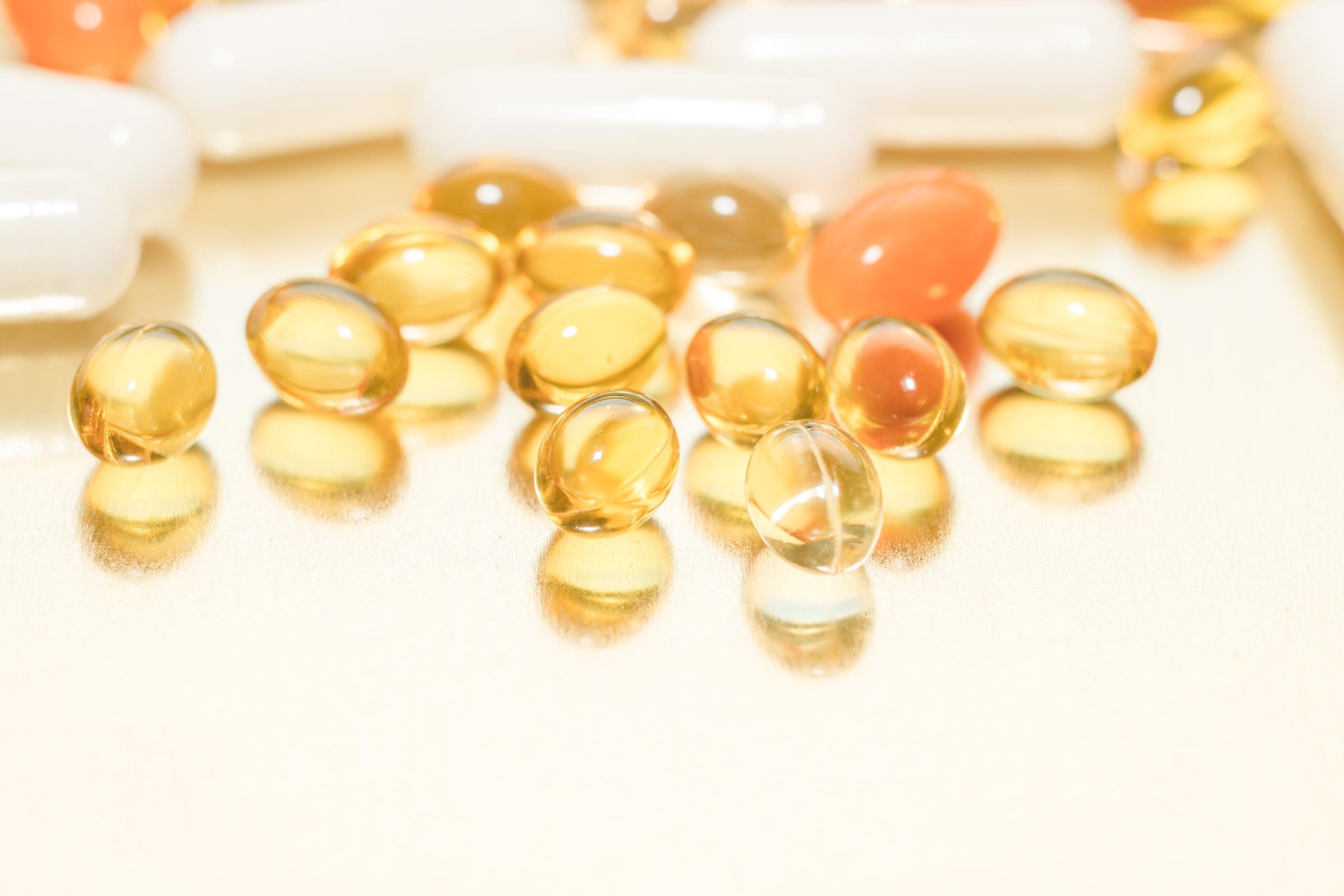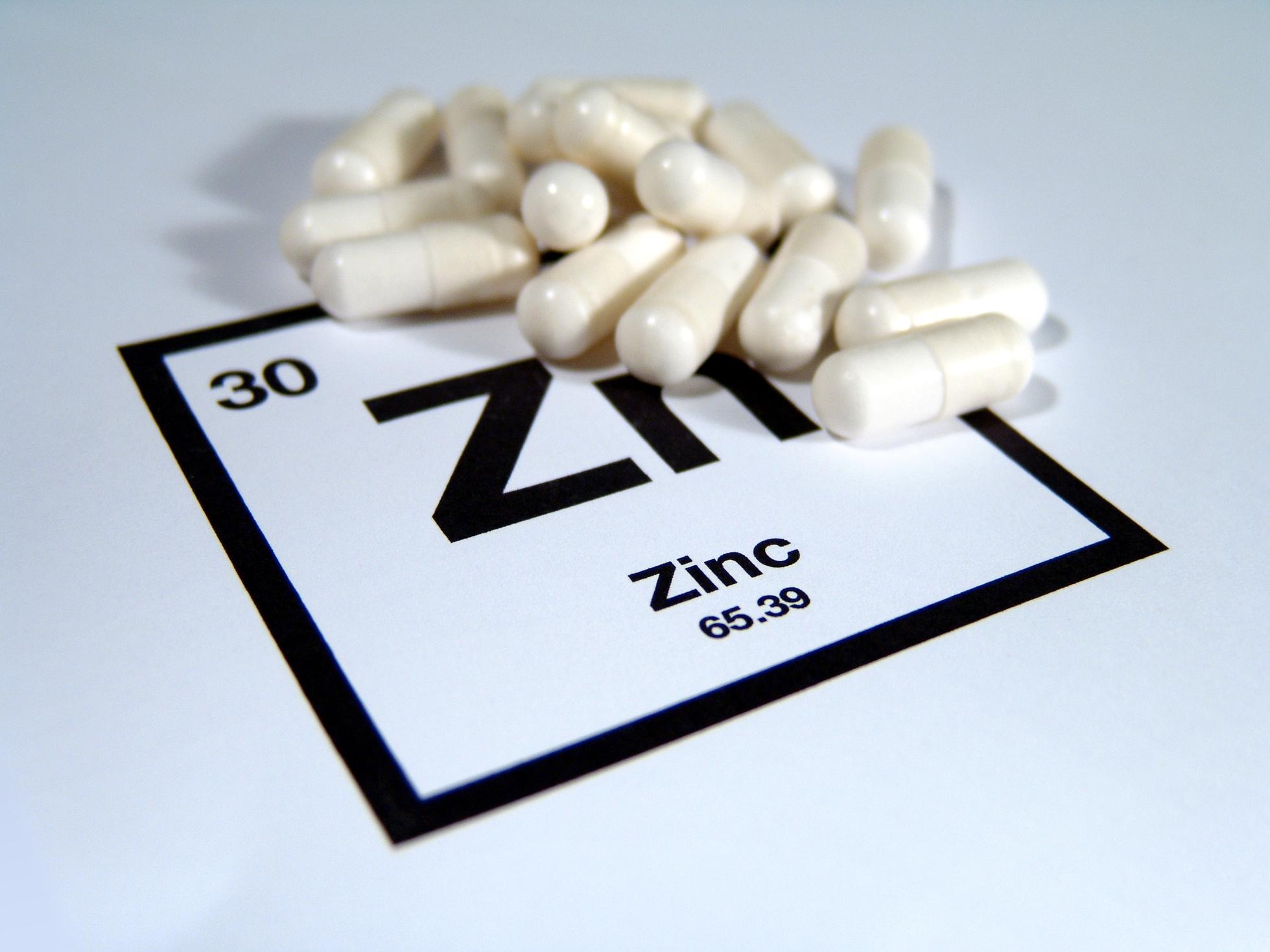
6 minute read
COVID-19 Supplement Myth Buster
9 D 1 V I O C S U P P L E M E N T M Y T H B U S T E R S
W O R D S B Y C H A N G Y I Q I
Advertisement
Could supplements prevent people from COVID-19?
Dietary supplements used in the prevention of coronavirus disease 2019 (COVID-19) are now widely published on news and social media platforms. It is people’s nature to panic when there is a threat to their health, and they tend to find the most effective precaution methods to shelter themselves. The most common prevention measures to minimize the risk of spreading and being infected by COVID-19 include washing hands frequently with soap and alcohol hand sanitizer, wearing a face mask all the time wherever outside the house, and maintaining social distance. Meanwhile, there is an increasing trend in the use of dietary supplements among the public. The news and social media platforms are publishing supplements that potentially can boost immunity and help to prevent people from the infection of COVID-19. Hence, some of the common supplements on the list such as vitamin C, vitamin D, and Zinc will be discussed.
Vitamin C (aka ascorbic acid)
Many people believe that vitamin C is useful in the prevention of common flu, cold, and even COVID-19. Theoretically, vitamin C could prevent viral infection by scavenging the oxygen free radicals, enhance chemotaxis, neutrophil phagocytic activity, and lymphocytes proliferation [1,2]. Although vitamin C plays a role in supporting the immune system, the current evidence regarding the effectiveness of routine use of vitamin C in treating influenza and colds is limited. Researchers from China have started a clinical trial on the effectiveness of high dose intravenous (IV) vitamin C in treating hospitalized patients with severe COVID-19 infection [3]. It was claimed that the high dose (10g-20g) of IV vitamin C has successfully treated more than 50 patients with severe COVID19 infection but the results are unavailable at this point as the findings are not published yet. However, the use of IV vitamin C and oral vitamin C supplements showed a great difference in blood plasma level (Figure 1).

Figure 1. This figure showed the different plasma levels of IV Vitamin C and oral Vitamin C supplement. As the oral vitamin C supplement is required to enter the bloodstream via the SVCT1 transporter in the gut.

Nutritional experts from the Linus Pauling Institute at Oregon State University commented that although high dose IV may alleviate the COVID-19 infection, the regular vitamin C supplements are less likely to prevent the COVID-19 infection as the plasma level is insufficient to produce the effect as IV did [4]. If people are taking excessive vitamin C supplements, they will not achieve a high blood plasma level of vitamin C as IV due to the intestinal absorption capacity of vitamin C but they may experience adverse effects of excess vitamin C such as nausea, vomiting and diarrhoea.
Vitamin D

A paper, which was published on 6th May 2020 about the role of vitamin D in the prevention of COVID-19 infection, claimed that there is a relationship between the level of vitamin D and the number of COVID-19 cases [5]. It found a significant relationship where a lower mean level of vitamin D in the population of some countries would have a higher COVID-19 case [5]. However, a rapid review on the use of vitamin D in treatment and prevention of COVID-19, was done by the Oxford COVID-19 Evidence Service Team from the University of Oxford, had found there is no clinical evidence nor studies on the use of vitamin D supplement in preventing and treating COVID-19 infection[6].
Although there is some evidence that taking vitamin D supplement in vitamin D deficiency patients may prevent respiratory infection, no current clinical trials have shown the effectiveness of it, especially the COVID-19 virus is a novel virus with a different sequence of the genome. According to current recommended guidelines by the National Institute for Health and Care Excellence (NICE), vitamin D supplementation is not recommended for people to prevent and treat COVID-19, except for clinical trials [7].
In short, vitamin D is not proven to be effective against COVID-19.
Zinc
Zinc supplements are also said to help in the prevention of COVID-19 infection. Zinc does play a role in immune systems and it acts as an antioxidant to prevent free radical-induced injury during inflammatory processes and promote the growth of immune cells such as neutrophils, Natural Killers cells, T and B cells [8]. However, there is a lack of clinical evidence and studies evaluating zinc supplements for COVID-19 infection at this moment in time. A meta-analysis report has shown that the use of zinc supplement could reduce the duration of the symptoms of common cold, but the effectiveness of zinc in COVID-19 infection is still unknown now as zinc supplements are currently undergoing trials for the treatment of COVID-19 [9,10]. As there is a lack of clinical evidence, there will be no conclusion to use zinc supplements as the treatment and prevention for COVID19 infection.

Conclusion

In conclusion, vitamin C, vitamin D, and zinc, which are the supplements commonly posted on news and social media, are not proved to be effective against the COVID19 infection. Thus, it is better to follow the national guidelines and standard operating procedures (SOPs) to minimise the risk of spreading the virus and reduce the Gauging Contagious Infections. Before taking any supplements, kindly consult professionals such as a doctor, pharmacists or nutritionist who could give the best advice to prevent yourself from experiencing the adverse effects. Lastly, according to the World Health Organisation (WHO), vitamins and minerals supplements are not the cure for COVID-19 infection and there is no guidance on the use of supplements as a treatment for COVID-19 [11].
Reference
1.
2.
3.
4.

5.
6.
Adams K, Baker W, Sobieraj D. Myth Busters: Dietary Supplements and COVID-19. Annals of Pharmacotherapy. 2020;54(8):820-826.
Colunga Biancatelli R, Berrill M, Marik P. The antiviral properties of vitamin C. Expert Review of Anti-infective Therapy. 2019;18(2):99-101. Cheng R. Hospital treatment of serious and critical COVID19 infection with high-dose Vitamin C [Internet]. Dr. Richard Cheng, Cheng Integrative Health Center. 2021 [cited 21 June 2021]. Available from: http://www.drwlc.com/blog/2020/03/18/hospital-treatmentof-serious-and-critical-covid-19-infection-with-high-dosevitamin-c/
Michels A, Drake V, Uesugi S. Is IV vitamin C effective against COVID-19? [Internet]. Oregon State University. 2021 [cited 21 June 2021]. Available from: https://lpi.oregonstate.edu/COVID19/IV-VitaminC-virus
Ilie P, Stefanescu S, Smith L. The role of vitamin D in the prevention of coronavirus disease 2019 infection and mortality. Aging Clinical and Experimental Research. 2020;32(7):1195-1198. Lee J, Hecke O, Roberts N. Vitamin D: A rapid review of the evidence for treatment or prevention in COVID-19 - The Centre for Evidence-Based Medicine [Internet]. The Centre for Evidence-Based Medicine. 2021 [cited 21 June 2021]. Available from: https://www.cebm.net/covid-19/vitamin-d-arapid-review-of-the-evidence-for-treatment-or-preventionin-covid-19/
Reference
7. Recommendations | COVID-19 rapid guideline: vitamin D | Guidance | NICE [Internet]. Nice.org.uk. 2021 [cited 21 June 2021]. Available from: https://www.nice.org.uk/guidance/ng187/chapter/Recommendatio ns 8. Prasad A. Zinc in Human Health: Effect of Zinc on Immune Cells. Molecular Medicine. 2008;14(5-6):353-357. 9. Science M, Johnstone J, Roth D, Guyatt G, Loeb M. Zinc for the treatment of the common cold: a systematic review and metaanalysis of randomized controlled trials. Canadian Medical Association Journal. 2012;184(10):E551-E561. 10. Search of: COVID-19 | "Zinc" - List Results ClinicalTrials.gov [Internet]. Clinicaltrials.gov. 2021 [cited 21 June 2021]. Available from: https://www.clinicaltrials.gov/ct2/results?cond=COVID19&intr=%22Zinc%22 11. COVID-19 Mythbusters – World Health Organization [Internet]. Who.int. 2021 [cited 21 June 2021]. Available from: https://www.who.int/emergencies/diseases/novel-coronavirus2019/advice-for-public/myth-busters#supplements










